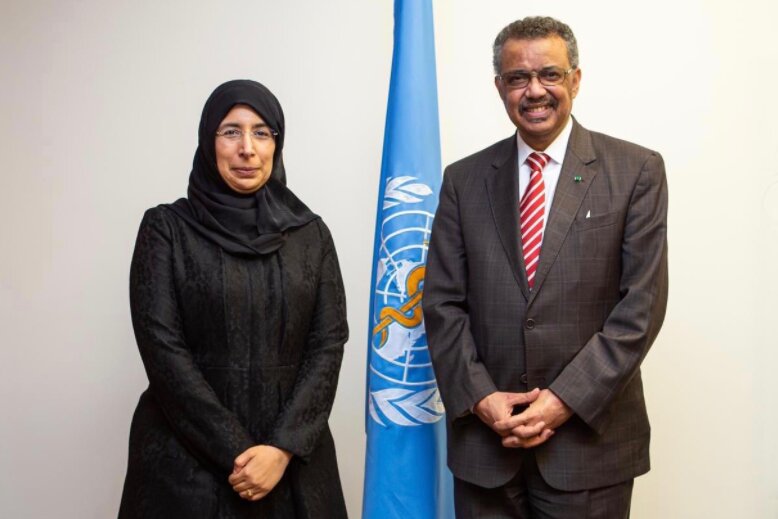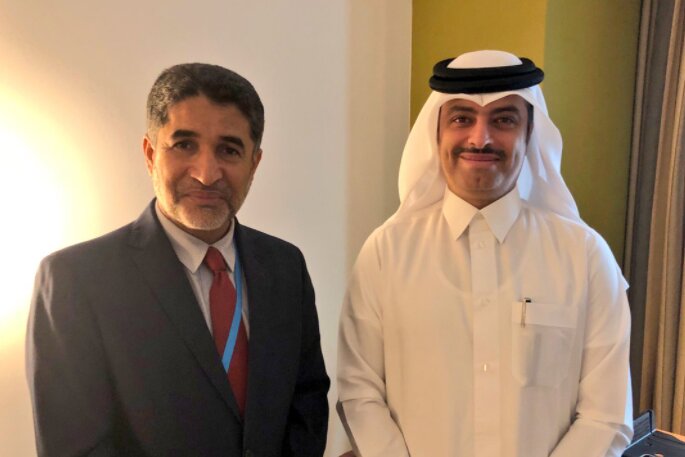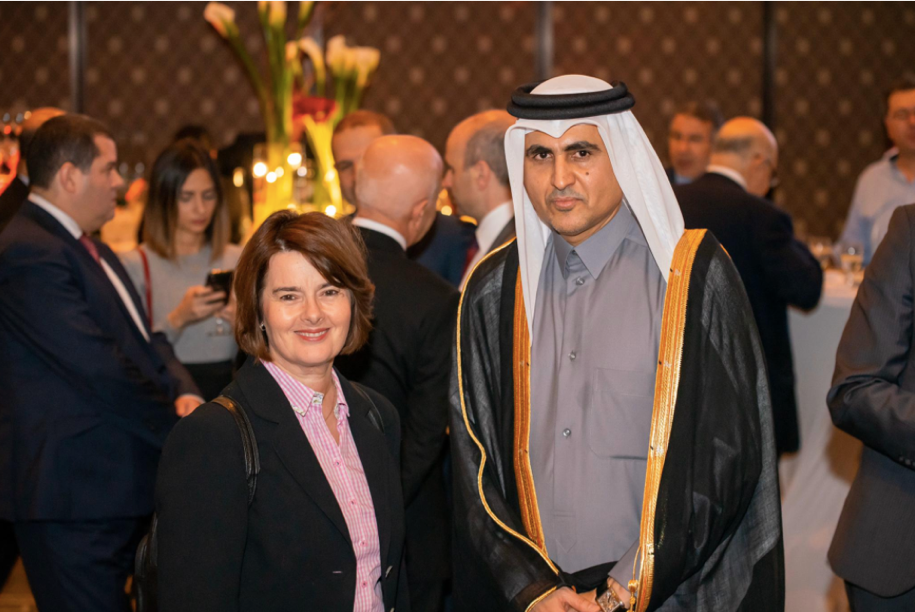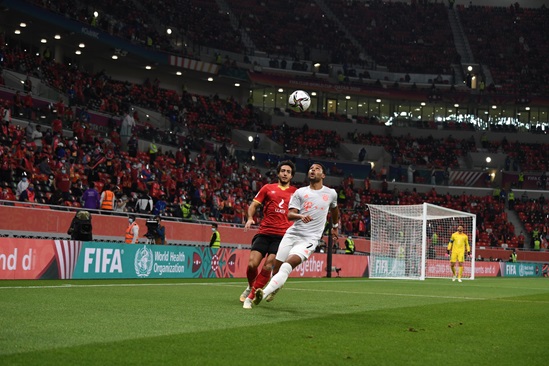
Qatar
Partner in global health
The strategic partnership with the State of Qatar
The World Health Organization is proud of its partnership with the State of Qatar, an unwavering partner in advocating for universal health coverage (UHC) and in addressing global health challenges.
WHO thanks Qatar for its commitment to global health, backed by its flexible funding contributions. WHO appreciates in particular the core voluntary contribution agreement (CVCA) signed in 2021, which provides much-needed flexible funding to WHO for vital programmes, health emergencies, and critical health support in vulnerable communities around the world.
Flexible funding has helped WHO advance gender, equity and human rights in health and develop innovative tools and methods countries can use to identify those being left behind. Flexible funds also sparked progress in the fight against non- communicable diseases; supported healthy ageing initiatives, WHO’s information and evidence-gathering work; and WHO’s crosscutting work related to national health systems and focused on integrated people-centred services.
“Flexible funds are critical for WHO's life-saving work. With thanks to long-standing partners like the Qatar Fund for Development, WHo can use these funds to swiftly respond to global health needs as they arise. I am grateful to the State of Qatar for their support and for allowing us the flexibility we need to carry out our mission and mandate”.
Dr Tedros Adhanom Ghebreyesus, WHO Director-General, WHO PR
Neglected tropical diseases

In 2018, WHO signed a multi-year, US$ 3 million agreement for the Special Project for Elimination of Neglected Tropical Diseases in Africa. (ESPEN). The project has helped African countries reduce the burden of five most prevalent neglected tropical diseases in Africa. These include lymphatic filariasis, onchocerciasis, soil transmitted helminthiasis, schistosomiasis and trachoma.
This funding provided a significant boost to a five-year project launched by the WHO Regional Office for Africa in 2016.
WHO Collaborating Centres in Qatar
Over the years the enhanced partnership between WHO and Qatar has evolved to include joint technical collaborations with a wide network of locally based institutions. WHO collaborating centres in Qatar work towards achieving joint training and educational programmes, providing and distributing scientific data and information in addition to supporting and conducting research initiatives.
Currently there are two active collaborating centres in Qatar.
For more information visit the WHO Collaborating Centres portal

 Dr Tedros Adhanim Ghebreyesus, WHO Director-General with Dr Hanan Mohamed Al Kuwari, Qatar’s Minister of Public Health.
Dr Tedros Adhanim Ghebreyesus, WHO Director-General with Dr Hanan Mohamed Al Kuwari, Qatar’s Minister of Public Health. Dr Ahmed Al-Mandhari with Dr Mohamed bin Hamad Al-Thani, the Qatar Director of Public Health.
Dr Ahmed Al-Mandhari with Dr Mohamed bin Hamad Al-Thani, the Qatar Director of Public Health. Jane Ellison, former WHO Executive Director for External Relations and Governance with Qatar Ambassador Ali bin Khalfan Al Mansouri, HE Qatar's Permanent Representative to the United Nations Office in Geneva and other International Organizations in Switzerland.
Jane Ellison, former WHO Executive Director for External Relations and Governance with Qatar Ambassador Ali bin Khalfan Al Mansouri, HE Qatar's Permanent Representative to the United Nations Office in Geneva and other International Organizations in Switzerland.
